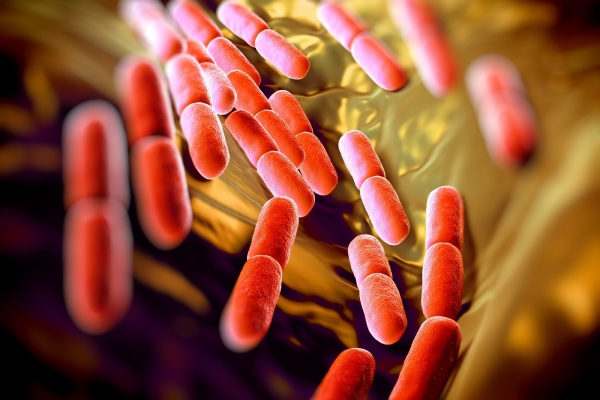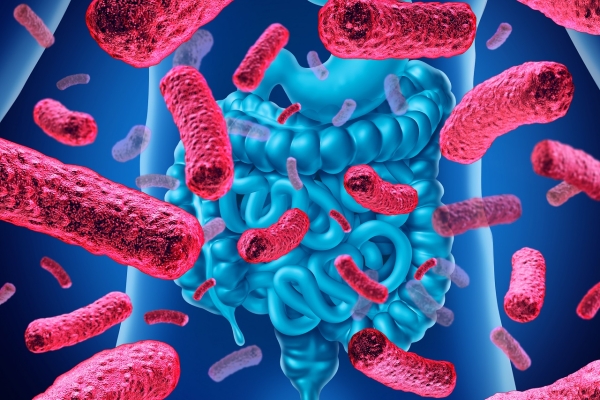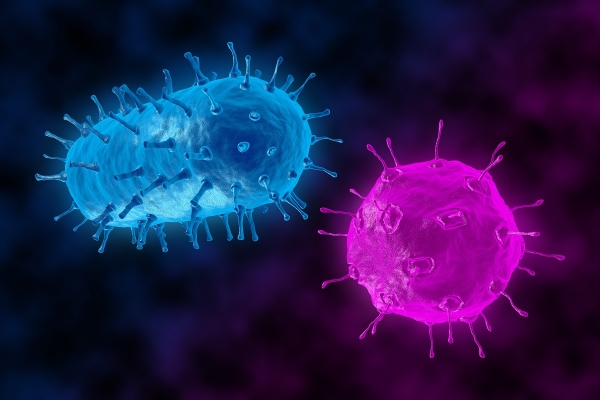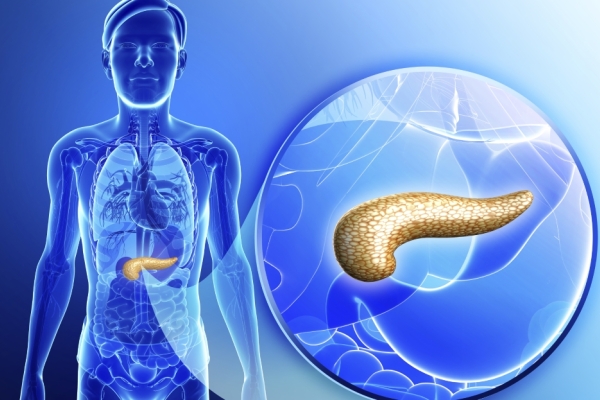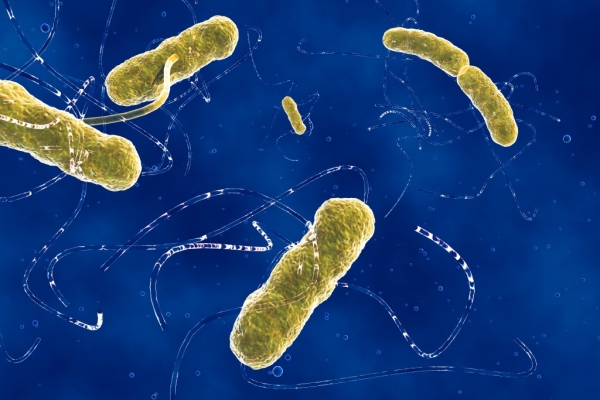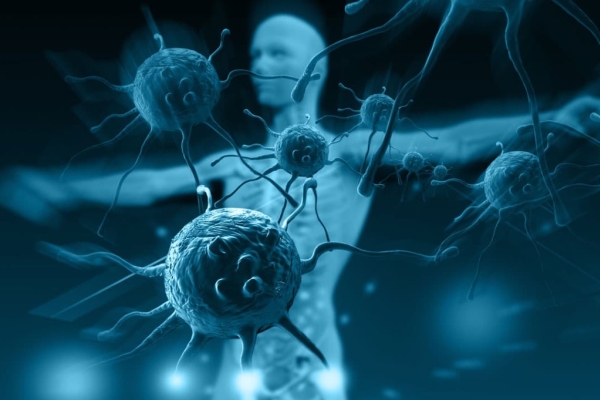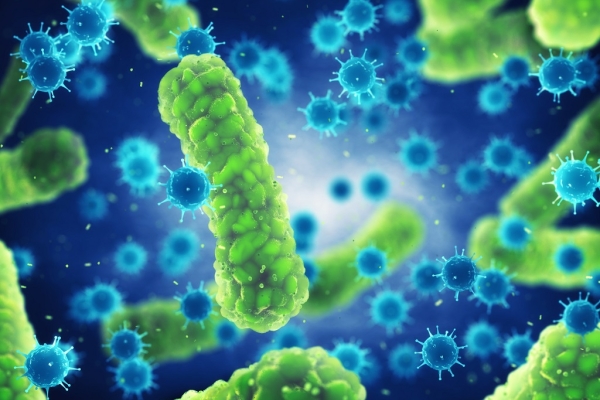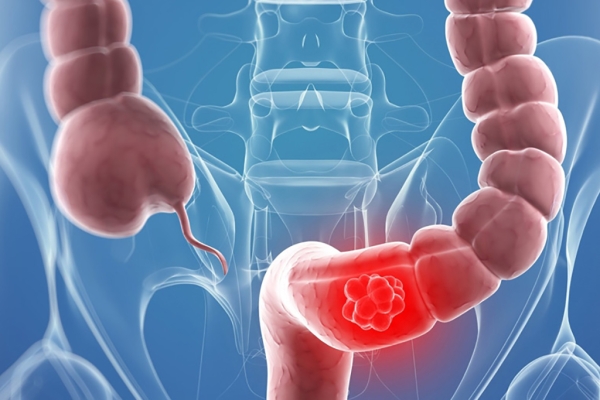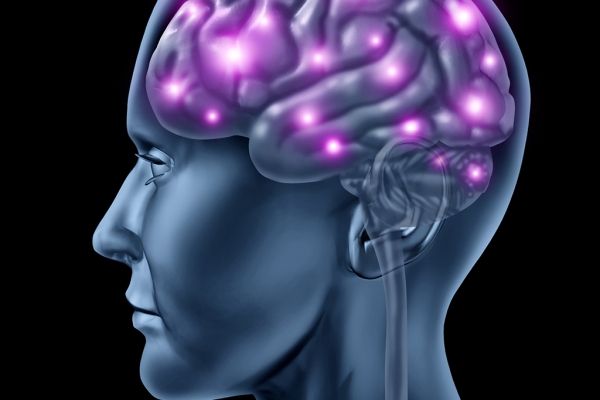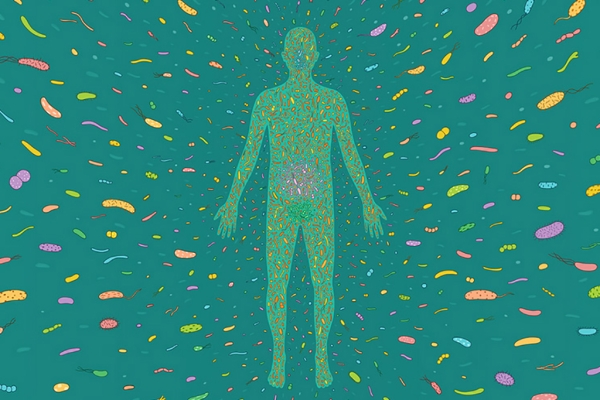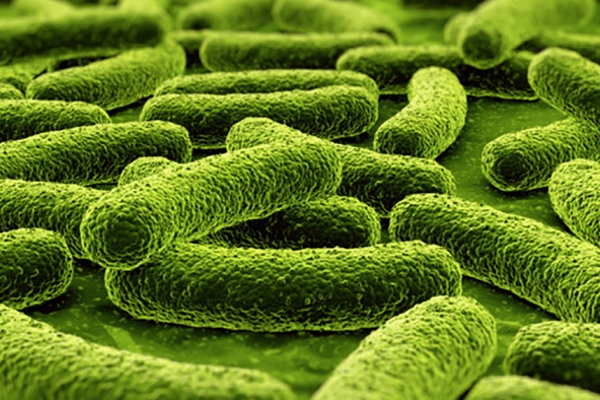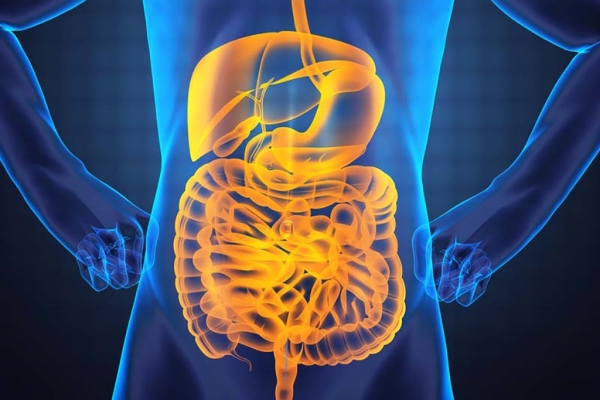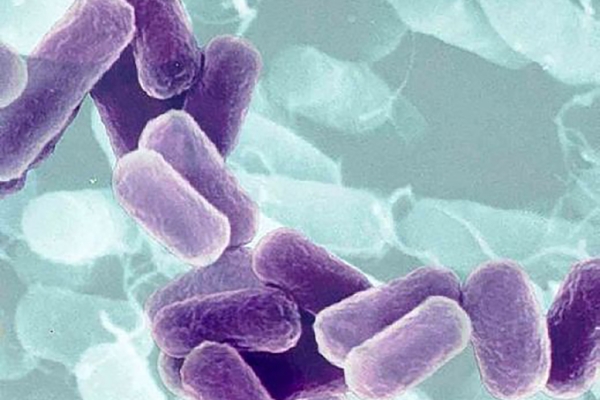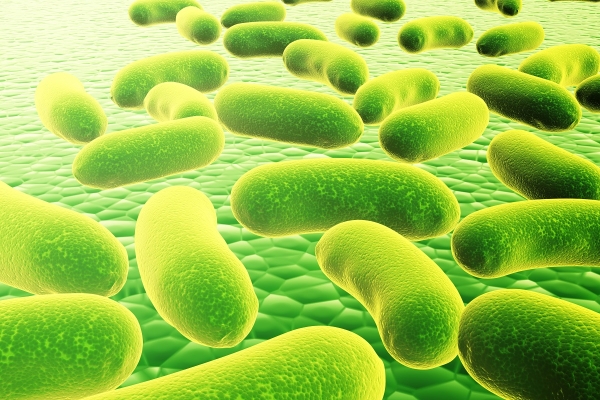-
21-02-2026
Gut Microbiome and Fasting
The human gut hosts more than 100 trillion microorganisms. This “community,” known as the gut microbiome, consists primarily of bacteria, but also includes viruses, fungi, and archaea. The role of the microbiome in our health is not merely supportive, but fundamental. The...
-
11-02-2026
Gut Microbiome and Menopause / Perimenopause
Menopause is not simply the end of a woman’s reproductive phase. It is a complex transitional period characterized by extensive hormonal, immunological, and metabolic changes that affect the body's overall functioning. During perimenopause, that is, the transitional phase...
-
27-01-2026
Mini Prevention Guide- Probiotics, Prebiotics, and Key Foods for Gut Health
In an era where fatigue, sleep disturbances, digestive discomfort, and unexplained inflammation have become almost “normal,” the human body is sending signals that should not be ignored. Behind many of these daily symptoms lies an often-overlooked protagonist of our overall...
-
12-01-2026
Gut Microbiome and Sleep Disorders
Sleep is one of the most fundamental functions of the human body. It directly affects our physical and mental health, concentration, immune function, and hormonal regulation. However, in an era overloaded with stimuli and stress, sleep disorders such as insomnia, shallow sleep,...
-
11-12-2025
After the Feast: What Happens to Our Gut and Hormones After Overeating
The holidays are, for many, the most beloved time of the year. Meals with friends and family, rich dishes, wine, sweets, and carefree indulgence. However, after each such gathering, many of us experience bloating, fatigue, or low mood. Others may even experience digestive issues,...
-
26-11-2025
Gut Microbiome and Hyperlipidemia
Hyperlipidemia is one of the most common metabolic disorders of modern lifestyles. Most people encounter it during routine blood tests as “high cholesterol” or “elevated triglycerides.” Although it often causes no symptoms, hyperlipidemia is a fundamental risk factor for...
-
10-10-2025
Gut Microbiome and Anxiety: The Gut-Brain Axis in Functional Medicine
When the Gut Speaks to the Mind How often do we hear or say the phrase «stress upset my stomach» or «I had a knot in my stomach»? While these expressions may sound merely metaphorical, modern science has revealed something far more substantial: the gut truly affects the...
-
01-10-2025
How to Support Your Microbiome in 7 Simple Steps. Mini Prevention Guide
Introduction: The Microbiome in Everyday Health and Prevention Do you often feel fatigued without an apparent reason, experience digestive issues such as bloating or irregular bowel movements, notice mood changes, sleep disturbances, or even intense cravings for sweets? These...
-
01-08-2025
Gut Microbiome and Chronic Inflammation Without Diagnosis
When Inflammation Persists but Tests Say “Everything Is Normal” Do you feel tired for no reason, experience aches that move around your body, or perhaps suffer from mild gastrointestinal discomfort, yet all your lab tests come back “normal”? If so, you’re not alone....
-
17-06-2023
A guide for a healthy gut microbiome
A multitude of microorganisms makes up our gut microbiome performing many different functions in order to maintain our body's health and well-being. An unbalanced gut microbiome, however, can be the cause of many adverse conditions in our digestive system and more. Problems that...
-
15-06-2023
Avocado. The ally to your gut microbiome health
Studies aimed to analyze the impact of avocado consumption on the gut microbiome and microbial metabolites show us now that daily consumption of avocado can contribute to the improvement of gut health and its microbiome. Overweight and obese but healthy adults were included in...
-
15-06-2023
The vaginal microbiome and its significance
Seems like what happens in the gut can have an impact on the vaginal microbiota. The gut microbiota consists of a complex community of microorganisms, including bacteria and fungi, that reside in the gastrointestinal tract. It plays a crucial role in digestion, nutrient...
-
25-03-2023
Obesity and the Gut Microbiome
Although recent studies have highlighted the impact of gut microbes on the progression of obesity and its comorbidities, it is not fully understood how these microbes promote these disorders, especially in terms of the role of microbial metabolites. A new study report that...
-
22-03-2023
Asthma and the Gut Microbiome
Asthma affects millions of children worldwide from a very young age, but the risk factors for the condition are poorly understood. Two new studies show that gut microbes may play an important role in protecting children from asthma, a finding that could lead to new strategies to...
-
19-03-2023
Chronic Urticaria and Gut Microbiome
Recent studies have linked gut microorganism composition and chronic urticaria; however, the underlying mechanisms responsible for this connection are unknown. Since the human immune system is in homeostasis with microbiota, and the composition of the microbiome regulates the...
-
13-02-2023
Carotenoids and the Gut Microbiome
Carotenoids have been related to a number of health benefits. Their dietary intake and circulating levels have been associated with a reduced incidence of obesity, diabetes, certain types of cancer, and even lower total mortality. Their potential interaction with the gut...
-
18-12-2022
The role of gut microbiota in gout: Is gut microbiota a potential target for gout treatment
Numerous studies have demonstrated that gut microbiota is essential for the host's health because it regulates the host's metabolism, endocrine, and immune systems. In recent years, increasing evidence has shown that gut microbiota plays a role in the onset and progression of...
-
23-11-2022
Multiple Sclerosis and Microbiome
Multiple sclerosis (MS) is a chronic autoimmune inflammatory disease of the central nervous system (CNS). The disease leads to the formation of inflammatory lesions in the CNS, in which myelin sheaths break down and demyelinated axons are damaged. This leads to neurological...
-
12-11-2022
The gut microbiome influences host diet selection behavior
Yogurt or eggs, steak or veggies, or maybe potato chips? We make decisions about what to eat every day, but those choices may not be fully our own. New research on mice shows for the first time that the microbes in animals' guts influence what they choose to eat, making...
-
03-10-2022
Role of the gut microbiome in chronic diseases
The gut microbiome, i.e., the community of bacteria and other microorganisms living in the human gut, has been implicated both directly and indirectly (mediating the effects of diet) on human health. The associations between gut microbiome composition and disease status have been...
-
27-08-2022
EnteroScan® Gut Microbiome Testing (Flyer)
Stress, poor diet, sedentary life, allergies, chronic diseases, autoimmune diseases: Words that exist in our daily vocabulary, situations that trouble us, problems that seem to have no solution! And yet! Functional Medicine is for those who want answers to health problems that...
-
25-01-2021
COVID-19 and Intestinal Microbiome
The diversity and the quantity of the intestinal microbiome can affect COVID-19 severity as well as the immune system response to infection, according to research published in the journal ¨Gut¨. According to the findings, imbalances in the microbiome composition may also be...
-
08-10-2019
Traditional yogurt and its beneficial properties in patients with insulin resistance
Imbalances in the composition of the intestinal microbiome have recently been reported in people with Metabolic Syndrome. This has led the scientific community to investigate the contribution of the intestinal microbiome to the benefits of lifestyle interventions in order to...
-
25-11-2018
Anti-aging: Research focuses on our intestinal microbiome
An increasing number of studies have addressed the answer to a very important question: do the bacteria in our gastrointestinal tract hold the key to healthy aging? According to mythology, Tithonus asked the gods to grant him immortality but failed to ask from them eternal...
-
15-11-2018
Treatment for pancreatic cancer and the intestinal microbiome
On the occasion of World Pancreatic Cancer Day, the European scientific community focuses its research on the intestinal microbiome to discover effective treatments for such a severe disease. Pancreatic cancer - also known as the "silent killer" - has the worst prognosis of all...
-
05-11-2018
New data on the relationship between autoimmune diseases and an intestinal bacterium
Can the bacteria of our gastrointestinal tract send the wrong "messages" to the body? Researchers at Queen's University in Belfast present new evidence. Researchers discovered for the first time that a specific bacterium in the gastrointestinal tract produces protein molecules...
-
24-10-2018
Intestinal microbiome: How does it affect your body?
The human body contains trillions of microorganisms. In fact, we have more bacteria than cells. And most of them live in our gastrointestinal system! The bacteria that constitute the "intestinal microbiome" not only help the digestion of the food we consume but affect the whole...
-
19-10-2018
Why can't Ι lose weight? We have the scientific answer!
Why can't I lose weight no matter what I do? Why am I gaining weight while dieting? These are the key questions that concern many women and men and they rarely get satisfactory answers! If you wonder why you cannot lose weight while you are on diet, if you are gaining weight...
-
10-10-2018
Sweeteners: Solution or risk to our health?
Artificial sweeteners have been used for decades as sugar substitutes in countless processed foods to persuade us to eat fearlessly "forbidden" foods such as soft drinks or sweets. But is it safe for our health? New research sheds more light on answering the question. The news...
-
07-09-2018
Rheumatoid arthritis and autoimmune diseases: What is their relationship with our gut microbiome? Why are they on the rise?
Autoimmune diseases are a modern health problem for which scientists know little about their causes. But now there are very reasonable suspicions that the role of the intestinal microbiome is crucial! Rheumatoid arthritis is an autoimmune disease that afflicts many people and...
-
21-03-2018
Probiotics and depression
In patients with irritable bowel syndrome, the intake of probiotics promises to improve mood. Advertisements of various probiotics for health benefits, both for gastrointestinal problems and issues that do not seem to be directly related to the intestine, are now very common....
-
20-12-2017
Irritable Bowel Syndrome
Irritable bowel syndrome or spastic colitis (IBS) is a common disorder that affects the large intestine. Irritable bowel syndrome is a chronic condition that usually causes abdominal pain and cramps, bloating, gas, diarrhea, and constipation. Despite its symptoms, irritable...
-
09-03-2017
M2-PK. New Screening Test for Colon Cancer
If the M2-PK test is negative then no further colonoscopy is needed. Colon cancer is one of the most common cancers in the western world, which affects approximately 530.000 people annually in the United States and Europe, resulting in 255.000 deaths per year. In Greece, it is...
-
08-03-2017
Gut Microbiome and Alzheimer Disease
Intestinal bacteria may play a role in Alzheimer's disease. New research from Lund University, in Sweden, showed that intestinal bacteria can accelerate the development of Alzheimer's disease. According to the researchers, the results bring in new perspectives for the prevention...
-
29-03-2016
Enhancing your Gut Microbiome
Enhance your gut microbiome through diet, sleep, and exercise. The ιντεστιναλ microbiome is a dynamic feature of the gastrointestinal tract that affects the health of the whole body. The gut microbiome can significantly influence the pathogenesis of conditions such as...
-
09-11-2015
Microbiome Diet
The article Microbiome Diet, published in the newspaper "All about Health" on 4-11-2015. Microbiome Diet. Lose weight forever! Have you ever wondered how an examination of the intestinal microbiota can give us important information that leads to definitive solutions for proper...
-
23-10-2015
Urine Indican
The urine Indican test (also called the Obermeyer test) is an indirect laboratory method for the diagnosis of intestinal dysbiosis and microbial overgrowth in the small intestine (SIBO). Indican is a by-product (indole) produced when bacteria in the gut act on the amino acid...
-
28-09-2015
Leaky Gut Syndrome
The intestine is often called the cornerstone of the body's health, and the digestive system as the "mother" of the body, as it nourishes all the other organs and provides the first line of defense against "foreign" substances. Leaky gut syndrome constitutes a gray area in terms...
-
16-09-2015
Everything you always wanted to know about the gut microbiota
The word microbiota generally refers to a range of microorganisms found in a specific environment. The human body has numerous microorganisms living in and on it, such as on the surface or in deeper layers of the skin (skin microbiome), the mouth (oral microbiome), the vagina...
-
20-02-2015
Brain-Gut Axis
The gut microbiome – comprised of several trillion bacteria living in the digestive tract, is gaining recognition as a contributing factor to diseases not only of the gastrointestinal system, but cardiovascular, immune, and neurological systems. Leo Galland, from the Foundation...
-
19-02-2015
Prebiotics and Cholesterol
Probiotics Plus Calcium Help to Reduce Cholesterol Levels Previously, a number of studies have shown calcium supplementation to be an effective way to manage blood lipids, specifically cholesterol. As well, a growing body of evidence supports the potential health benefits of...
-
15-04-2014
Intestinal Dysbiosis
The effect of intestinal dysbiosis on human health. Is it possible for a healthy diet to increase the endurance of our body? Is it possible for proper nutrition to help us to avoid allergies or inflammatory bowel disease? It seems that the underestimated microflora that...



-600x400.jpg)

-600x400.jpg)

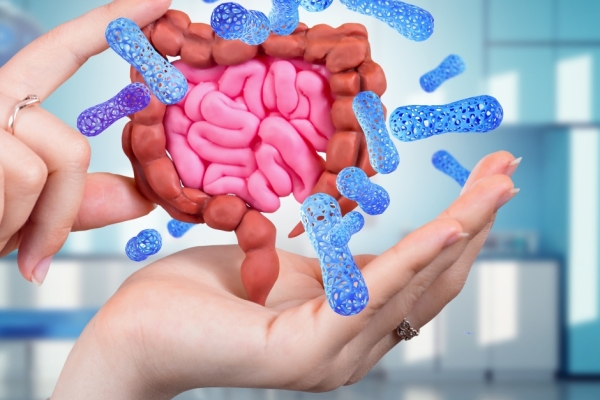
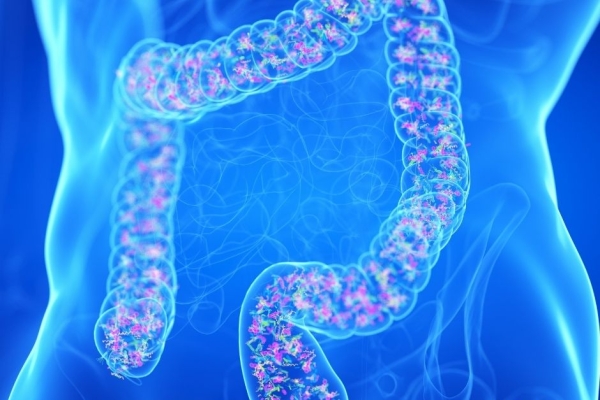



-600x400.jpg)
-600x400.jpg)
-600x400.jpg)



-600x400.jpg)

-600x400.jpg)
